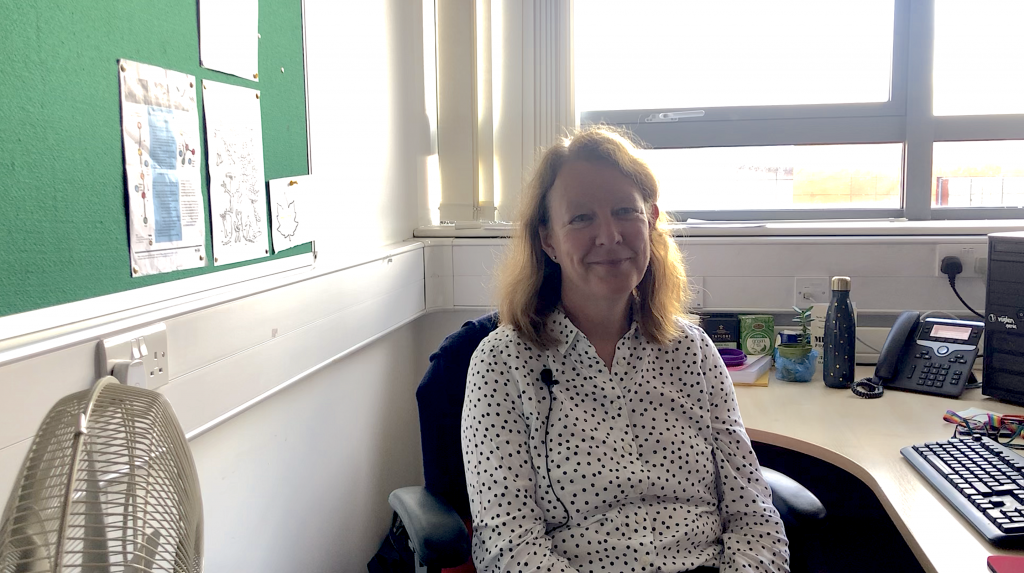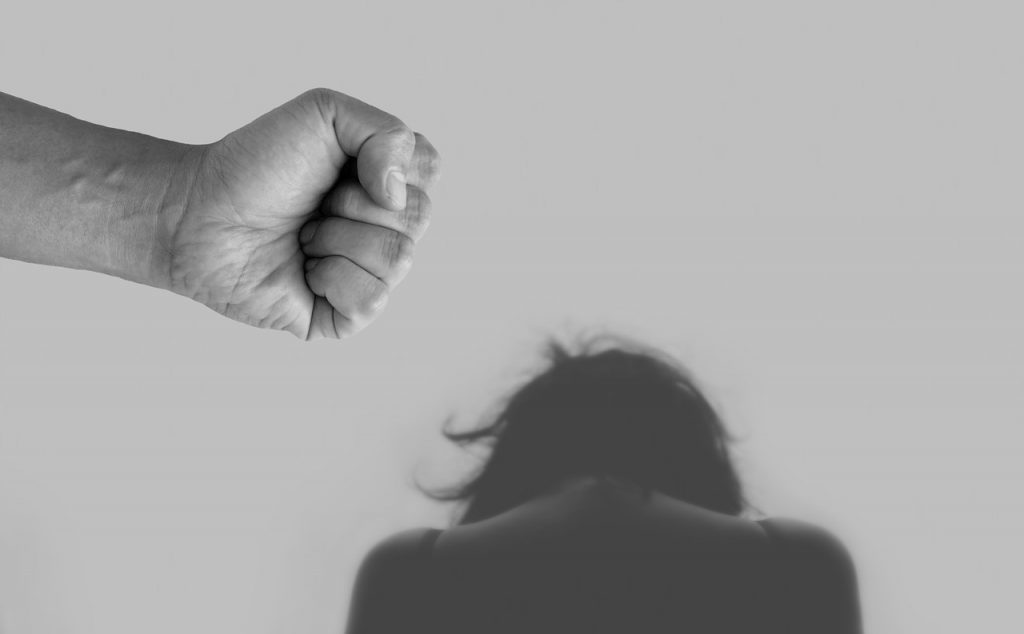
A new counselling service for victims of domestic violence has arrived in Salford. The programme was founded by psychotherapist Dr Jeannette Roddy, who opened the clinic on the 1st of October.
The revolutionary counselling has been developed from eight years of research into the dynamics of counselling after domestic violence, and encourages victims to discuss their own perception of the abusive relationship, offering a more personal and in-depth therapy, rather than generic advice which can be applied to everyone.
SALFORD NEWS: Specialist training informed by 8 years of research leads to launch of new counselling service supporting victims of domestic abuse.
Read more here:https://t.co/KdDlrCi4tJ pic.twitter.com/Xf7dNt6zny
— University of Salford (@SalfordUni) October 1, 2019
Between April 2018 and March this year, Greater Manchester Police received over 147,000 reports of domestic abuse, showing a 12% increase across the county.
In Salford alone, 17,837 cases were reported in those 12 months, with only a 31.5% solve rate.
Dr Jeannette Roddy, senior lecturer in counselling and psychotherapy at the University of Salford, said:
“The change in government policy around 2007-2010, took a lot of the funding away from counselling and put it into advocacy […] and the impact of that is that there are lots fewer counselling services, which means more people are now referred into general counselling.”
She continued: “There’s been a lot of research in the past few years which has shown that general counselling just doesn’t work, and there is actually a need for a specific approach and a specific way of working which is beneficial for people who have experienced abuse.”
Dr Roddy said: “My own view is that [domestic abuse] is about power and control, and as human beings we have a propensity to use the power that we have,”
“If we are much better at emotional and psychological abuse, we’ll do that, if we have the build and the physicality then we’ll use that.”
“So we’ve now widened the definition of domestic abuse to emotional, physically, psychological, financial and sexual, and that whole inclusion of emotional and psychological brings men into the frame, because many men are emotionally and psychologically abused.” She said.
But where women across the country have access to a 24 hour helpline, the services available for men in abusive relationships are refined to an eight hour helpline, which only runs five days a week. Again reiterating the need for an all-inclusive psychotherapy for domestic abuse victims, regardless of age, gender, sexuality and race – which is one of the key principles of Dr Roddy’s new service.
However the signs of an abusive are not obvious to the average person, and many victims will try and convey an alternate reality of their home life to prevent people from finding out about their relationship.
Dr Roddy said:
“People have usually a quite strong view of ‘what’s in the home stays in the home’, so when they’re out they’re on best behaviour almost, and they’re presenting a view of the home that they want the other person to see, rather what’s necessarily happening behind the scenes”.
She explains that telltale signs of an abusive relationships are more likely conveyed through ‘off-guard’ moments, rather than showing them on the surface.
“For example, somebody might want to continuously be going home before the end of a night out with friends, because their partner ‘needs’ them home,” she said, “or someone who wears very heavy makeup when they don’t normally, to perhaps cover bruises.”
She continued: “For men it might be that they don’t go out with friends anymore, sometimes their partner will move them to a different part of the country so they become very isolated.”

Originally beginning as an engineer, Dr Roddy journeyed through several career paths before finding her passion in counselling.
She said:
“I felt like I had found something that made me think: ‘this is what I was supposed to do’.”
In the following video, Dr Roddy discusses how it feels to help someone through therapy.
If you’re interested in taking part in the counselling, you can register through the self-referral form; after a phone consultation clients will then be allocated a counsellor. The clinic has 30 sessions available a week, and currently has no waiting list.
Alternatively, you can call 0161 295 2929 for more information.















Recent Comments